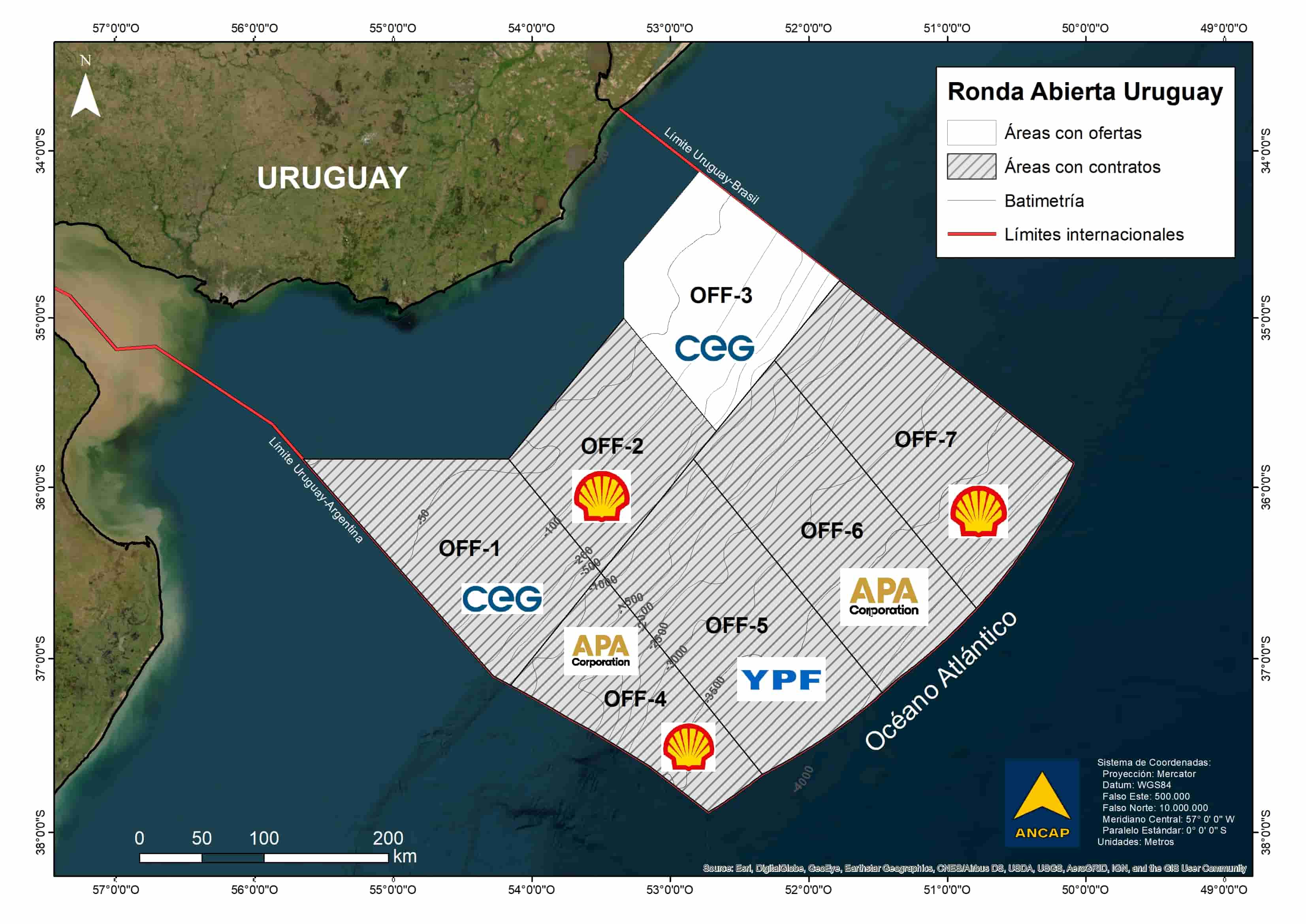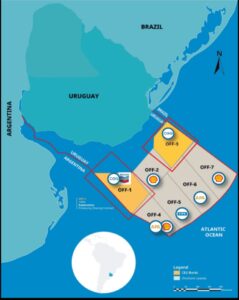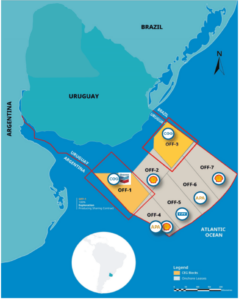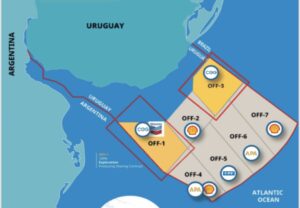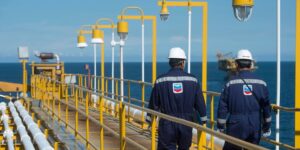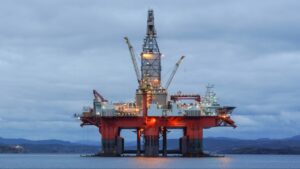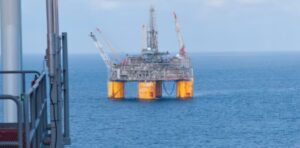‘Historic’ moment for Uruguay: Shell, APA, and YPF seal deals for offshore hydrocarbon exploration
Uruguay’s state-owned energy company ANCAP has tucked a new milestone under its belt with the signing of contracts for four offshore blocks with three oil and gas players in line with the framework of the Open Uruguay Round that has been in force since 2019. As a result, the UK-headquartered Shell, the U.S.-based APA Corporation, and Argentina’s National Oil Company (NOC), YPF, will be able to embark on exploration and eventual exploitation of oil resources off South America.
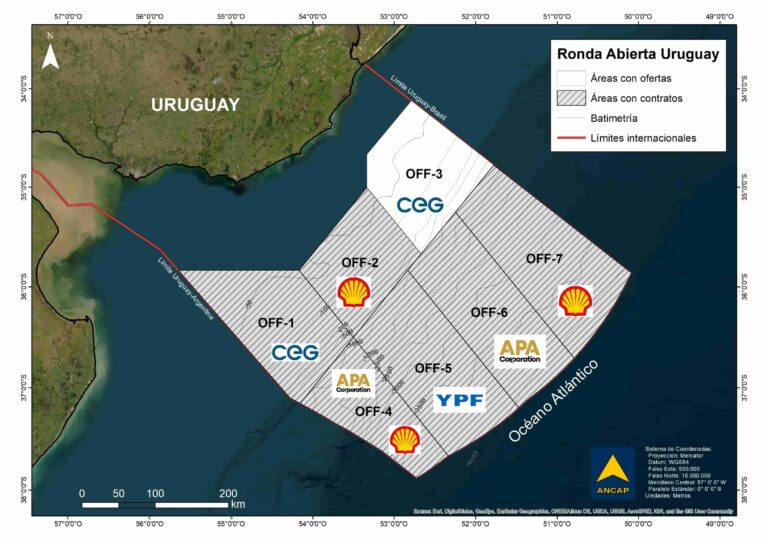
By inking these deals, the three players have put the seal on their interest in searching for oil off Uruguay, which enables them to start a new chapter of hydrocarbon exploration in the country’s four offshore exploration licenses, encompassing the areas OFF-6 (APA), OFF-2 and OFF-7 (Shell), and OFF-5 (YPF). In light of this, the exploratory period for these blocks has now started in accordance with the energy transition strategy promoted by ANCAP.
Furthermore, these contracts are added to the one already in force with Challenger Energy for the OFF-1 block. ANCAP has indicated that the signing of the contract for OFF-4, an APA-Shell consortium block, adjacent to Challenger’s OFF-1 block, is expected to follow shortly. In addition, Uruguay’s player has disclosed that the inking of the contract for Challenger’s OFF-3 license, the last remaining offshore block in Uruguay awarded in May 2023, will follow soon thereafter.
Related Article
-
Sole remaining block off Uruguay goes to Isle of Man-based oil & gas firm
Authorities & Government
According to ANCAP, the exploration and production contract model, approved in the Open Uruguay Round, is of the production sharing agreement (PSA) type widely used in the oil and gas industry. The contract can have a duration of 30 years, including exploration and eventual production. The first exploration subperiod lasts four years and the companies assume certain commitments to generate the right to extension.
The minimum work programs, which the newly signed license-holders committed to in respect of the initial exploration period of those licenses are greater in estimated work scope and cost than that applicable to Challenger’s OFF-1 and OFF-3 blocks. These programs entail 3D seismic acquisition and reprocessing, and in the case of APA Corporation’s OFF-6 block, one deepwater exploration well.
Moreover, the signing of contracts for these licenses paves the way for seismic acquisition companies to kick off permitting and approval processes for potential 3D seismic acquisition programs in Uruguay. Subject to permitting and approvals, a survey could occur as early as the late 2024 or early 2025 seismic acquisition windows. The 2,500 km 2 of 3D seismic will be carried out by the APA – Shell consortium in the OFF-4 block. The total investment committed is approximately $130 million.
Eytan Uliel, Chief Executive Officer of Challenger, remarked: “This week has been extremely significant for the emerging Uruguayan offshore exploration sector, and highlights how exciting we think the next few years will be. Challenger has now completed AREA OFF-1’s minimum work program, well ahead of schedule.
“At the same time, the finalization of contracts with global industry heavyweights for multiple offshore blocks has defined Uruguay’s operator landscape, provided certainty as to their upcoming, substantial exploration programs, and has also laid out the pathway to a potential 3D seismic shoot in late 2024/early 2025, including coverage of prospects of interest on AREA OFF-1.
“These are all important commercial, technical and operational inputs relevant to our ongoing AREA OFF-1 farm-in process which, given developments this week, we now expect to be able to successfully conclude in the first quarter of 2024.”
Related Article
ANCAP highlights that the signed contracts with these oil companies do not allow the venting or flaring of natural gas, so it is expected that the carbon intensity of the barrels produced in Uruguay, in the event of a discovery, will be one of the lowest in the world.
The company claims that investment in oil and natural gas exploration continues to be a global obligation since new discoveries will have to compensate for the natural decline of producing fields, even if the fastest transition scenarios and reduction in hydrocarbon consumption occur.
Therefore, the exploration and eventual production of hydrocarbons does not imply a setback in ANCAP’s ambition to lead the second phase of the energy transition, as the firm is convinced that natural gas is set to play a key role as a transition energy source, constituting “an excellent dispatchable, low-carbon backup” for intermittent renewable energies.
Related Article
-
Shell and APA among winners for deepwater oil & gas exploration blocks off Uruguay
Exploration & Production
Alejandro Stipanicic, President of ANCAP, commented: “This is a historic event for the country because it is the first time that all offshore areas will have current contracts, since in the coming weeks (once it is approved by the executive branch) the contract for the OFF-3 area will be signed with Challenger Energy.
“The oil industry has renewed interest in offshore exploration in Uruguay, due to recent discoveries in Namibia, but without a doubt, this success is produced thanks to the country’s prestige and reputation for its democratic, economic, and legal stability, as well as its unquestionable respect for the contracts and commitments assumed.
“These are large energy companies that are investing in renewables, in the production of advanced biofuels (synthetic fuels and second generation biofuels) from green H2, search for white H2 as well as carbon capture and storage, Therefore, its presence in the country also gives very important support to the strategy led by ANCAP in the second energy transition defined by the executive branch through the MIEM.”
If Uruguay has no need to consume fossil fuels but ends up producing them, the company points out that the country could eventually export all of it, benefiting from the income that the sale of these resources would imply, to invest in renewable energy and green hydrogen projects, still promoting the energy transition.
“Our country has advanced in the first phase of the energy transition, generating its electricity practically from renewable energy, and has identified green hydrogen and its derivatives as key pillars for the second phase of the transition, in which it aims to decarbonize other sectors of its economy, such as heavy transportation and industry,” underscored ANCAP.

